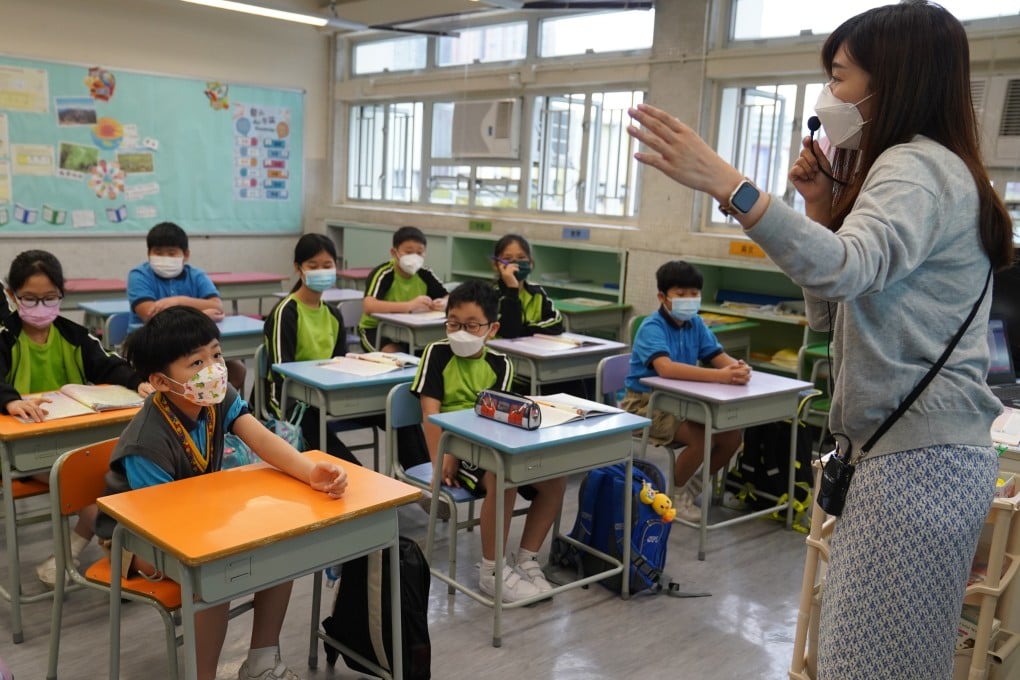Letters | Don’t blame teachers for students’ struggles – they need help too
- Readers discuss teachers’ workloads in Hong Kong, the impact of travel regulations on diversity in the city, plans to improve safety at care homes for children, and a boar sighting along Bowen Road

It is true that there might be teachers who are more effective than others, just as is the case among members of any profession, including doctors, financial managers and engineers. But if students’ struggles in language learning are an alarming and citywide phenomenon, I am curious why your correspondent regards them as an indictment of teachers’ failures rather than of the failure of the whole education system.
Teachers as frontline workers have always borne the blame from students and parents for shortcomings in education while few actually look into the type of “support” that the Education Bureau provides them.
Teaching and catering to students’ individual needs is highly labour-intensive, yet each teacher of core subjects like Chinese and English is teaching at least a hundred different students per academic year, with almost two-thirds of their working hours spent inside a classroom teaching a class.
How can we expect teachers to address additional problems when they are teaching six lessons out of nine per day, and the other three periods scattered across the day are spent preparing for lessons and setting and marking students’ assignments? Where does the time come from if not from teachers’ personal time, which is supposed to be for family and rest?